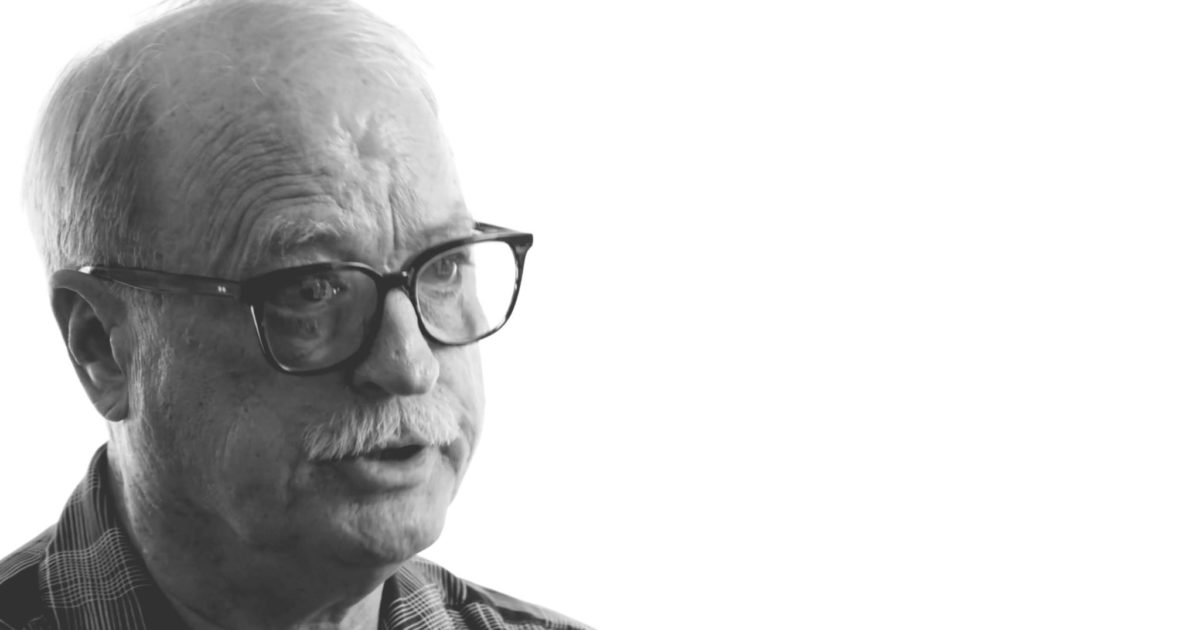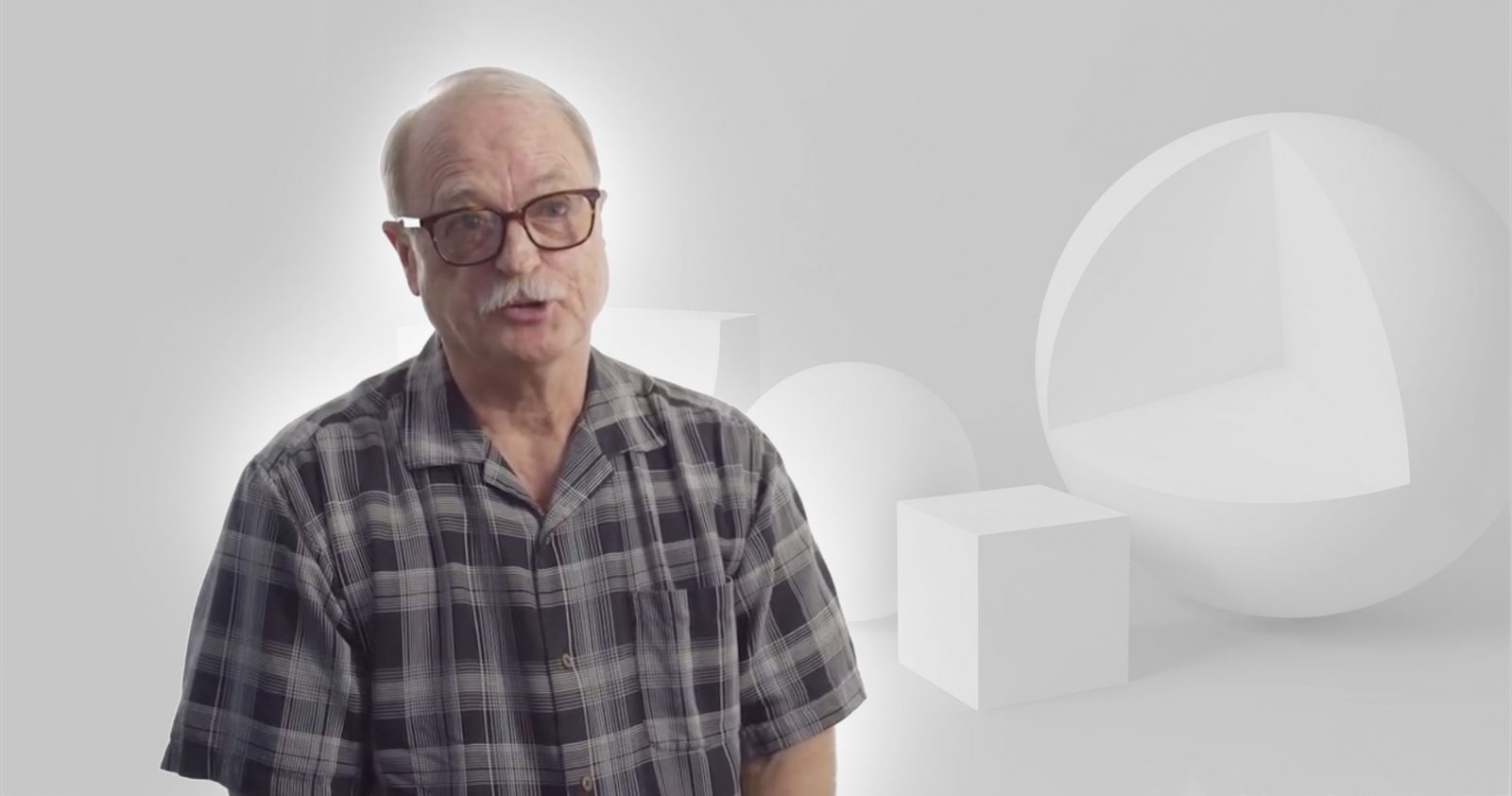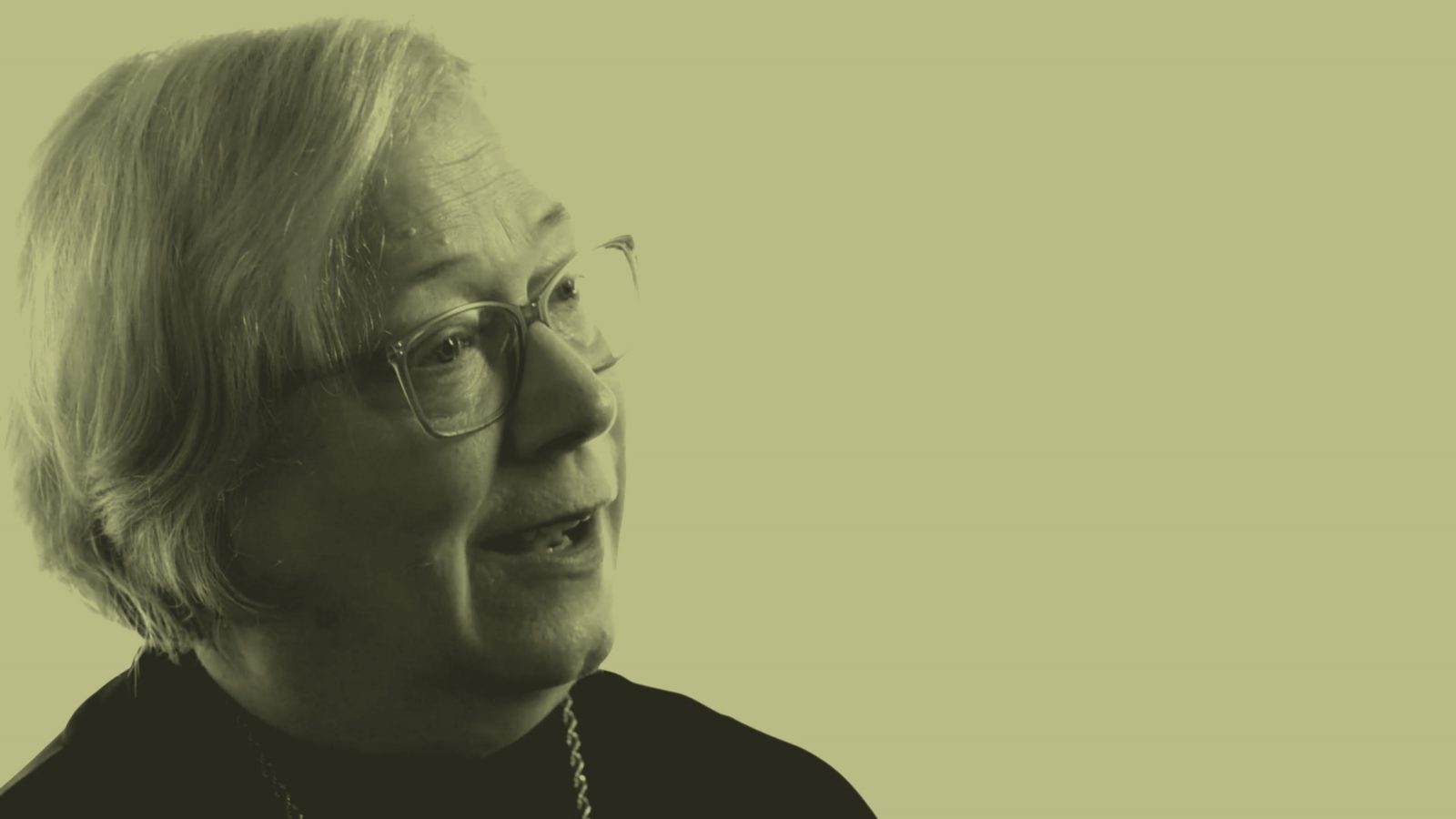
J. P. Moreland on Mental Health and the Reality of the Soul
On this episode of ID the Future, philosopher and Biola University Distinguished Philosopher J.P. Moreland talks with Michael Keas about the intelligent design implications of his new book Finding Quiet: My Story of Overcoming Anxiety and the Practices that Brought Peace.
Read More ›
